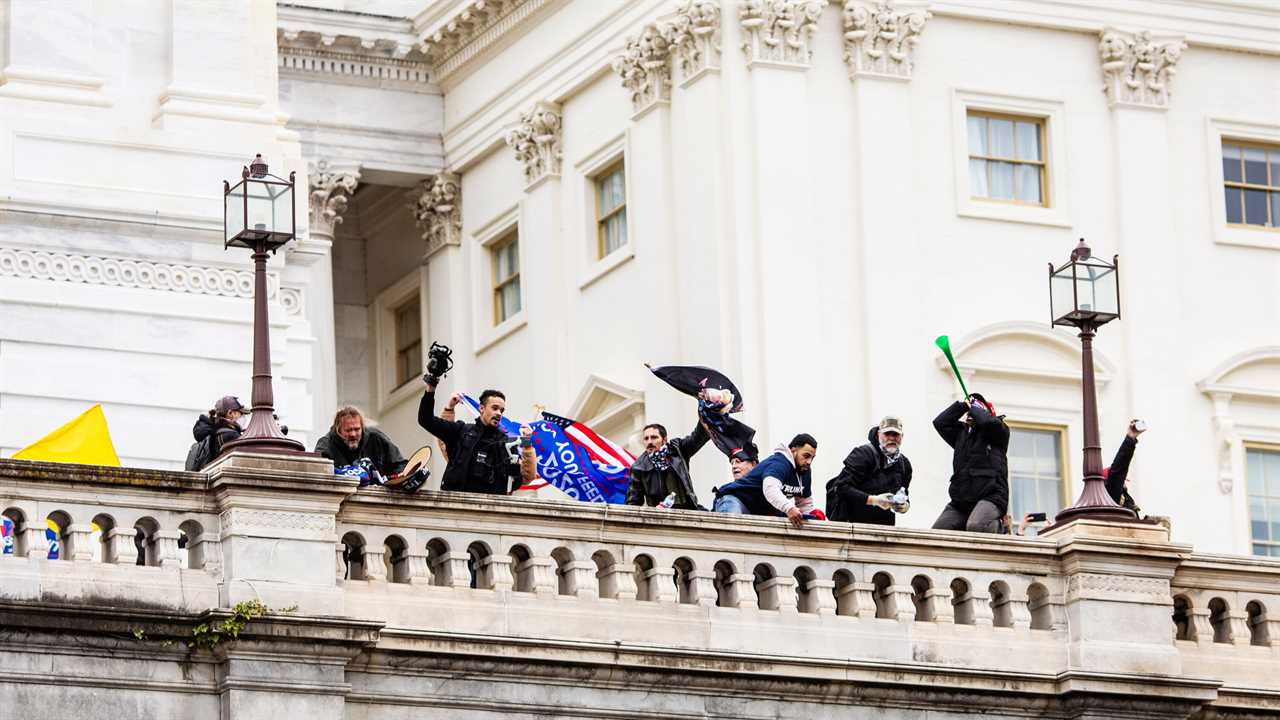
The Senate will hold its first public inquiry next week into the security failures that led to the Jan. 6 breach of the Capitol by a mob of former President Donald J. Trump’s supporters seeking to disrupt certification of President Biden’s election victory.
Senator Gary Peters, Democrat of Michigan and chairman of the Homeland Security and Governmental Affairs Committee, along with Senator Rob Portman of Ohio, the top Republican on the committee, announced on Tuesday that the hearing is set for Feb. 23 at 10 a.m.
Joining them in the announcement were Senator Amy Klobuchar, Democrat of Minnesota and the chairwoman of the Rules and Administration Committee, and Senator Roy Blunt of Missouri, the top Republican on the committee.
The senators said they had invited four witnesses to testify: Robert J. Contee, the chief of the Metropolitan Police Department; Michael C. Stenger, the former sergeant-at-arms and doorkeeper of the Senate; Paul D. Irving, the former House sergeant-at-arms; and Steven Sund, the former Capitol Police chief.
The senators have requested information from 22 agencies and departments related to the preparations for and response to the Jan. 6 attack, and to the security failures that led to a breach of the Capitol. They are also seeking information on intelligence gathering and security preparations, and detailed explanations of agencies’ security responses.
Last night, the Capitol Police union announced its members had chosen overwhelmingly to cast a vote of “no confidence” in the department’s leaders, citing “senior leadership’s mishandling of the insurrection at the Capitol on January 6th.”
Nearly 140 officers from the Capitol Police and Metropolitan Police Departments suffered injuries during the attack. One officer lost the tip of his right index finger. Another lost consciousness after rioters used a metal barrier to push her into stairs as they tried to reach the Capitol steps. Some officers were smashed in the head with baseball bats, flag poles and pipes.
Officer Brian D. Sicknick of the Capitol Police died after being injured while physically engaging with protesters, according to the department. Officer Sicknick returned to his division office, collapsed and was taken to a hospital, where he died, the police said.
“The past week of the impeachment trial showed members of Congress, and the entire country, devastating details of the violence that Capitol Police officers faced during the insurrection. It was the darkest day in the history of the Department,” Gus Papathanasiou, chairman of the Capitol Police union, said in a statement. “The results of our no-confidence vote are overwhelming because our leadership clearly failed us. We know because we were there.”
The acting chief of the Capitol Police, Yogananda Pittman, responded in a statement, saying that the department was instituting reforms and that she was committed to making “the well-being of our officers our top priority.”
“While progress has been made, more work remains,” Chief Pittman said.
The House held a private briefing last month on security failures, during which the Capitol Police’s new acting chief laid out a dismal picture of the department’s failure to prepare adequately, even though it knew days ahead of time that right-wing extremists could target lawmakers.






